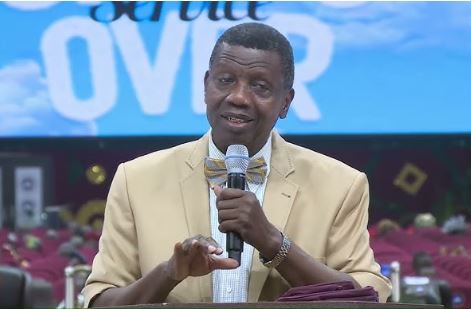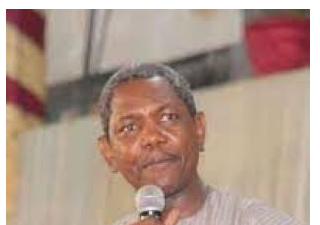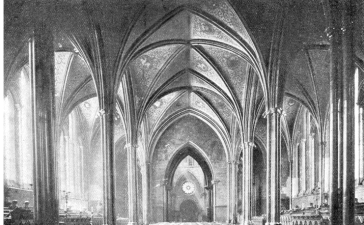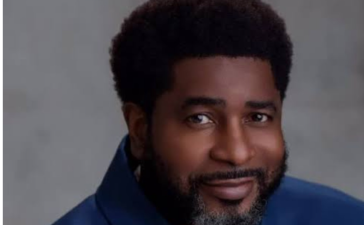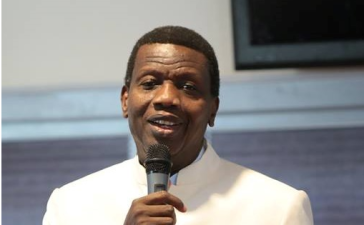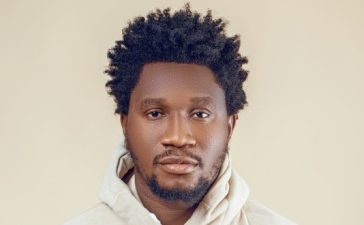Pastor Enoch Adeboye, the General Overseer of the Redeemed Christian Church of God (RCCG), has been appointed as the Patron of the Ecumenical Synod of Bishops, Archbishops, and Senior Clergy Inc. (ESBAASC). His appointment was made during the international conference of the group, held from August 22-25 at the RCCG’s Emmanuel Park in Redemption Camp. The event, which focused on “Religious Tolerance in Nigeria and Across the Nations of the World,” explored the concept of religious tolerance, its challenges, and strategies for achieving it.
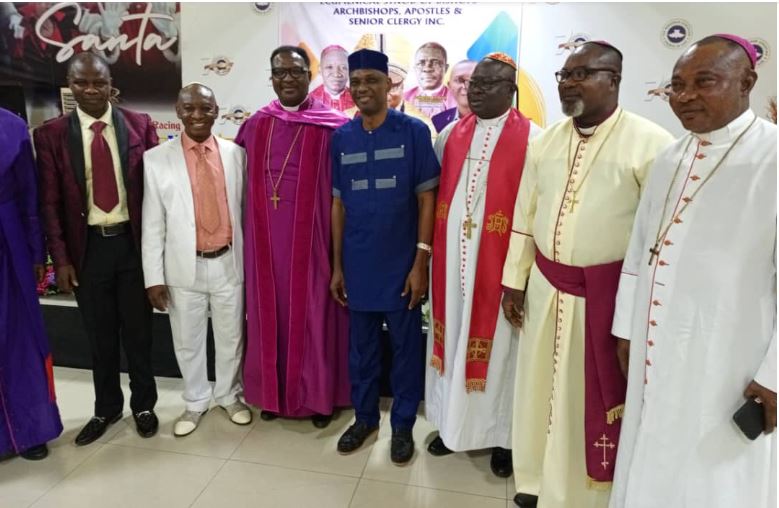
The nomination of Pastor Adeboye as Patron, along with the appointment of Archbishop Professor Mary Ajisafe as Matron, was proposed by the International Prelate and Chief Host, Archbishop Professor Kehinde Matthew Olubunmi, and received unanimous approval from the attendees, who responded with a standing ovation. Archbishop Olubunmi emphasized ESBAASC’s ongoing efforts to partner with global organizations to foster religious tolerance in Nigeria, with hopes of influencing the broader African continent.
Pastor Adeboye’s Reflections on Religious Tolerance
In a message delivered on Pastor Adeboye’s behalf by RCCG National Overseer Emeritus, Pastor Joseph Obayemi, the cleric lamented the current state of religious tolerance in Nigeria, contrasting it with the more harmonious interfaith interactions of the past. He shared personal experiences from his youth, where Christians, Muslims, and adherents of traditional religions coexisted peacefully, even participating in each other’s religious practices.
Pastor Adeboye defined religious tolerance as a practice that fosters mutual understanding, peaceful coexistence, and unity among people of diverse backgrounds. He pointed out that Nigeria’s religious diversity was once a source of national pride but has been marred by recent sectarian violence, often driven by political motives. He stressed that religious intolerance, coupled with misconceptions about the sanctity of human life, has exacerbated divisions in Nigeria.
Challenges to Religious Tolerance in Nigeria
According to Pastor Adeboye, several factors undermine religious tolerance in Nigeria, including religious dichotomy, sectarian violence, economic disparities, and the lack of robust engagement between different faiths. He argued that the tendency to view other religions as inferior and the quickness to resort to violence at the slightest provocation are significant obstacles to achieving religious harmony in the country.
Pastor Adeboye urged participants at the conference to advocate for religious tolerance, noting that any true follower of the Creator should value life and promote peace. He called for greater cooperation between international organizations, governments, and civil societies to create an environment conducive to religious freedom and tolerance.
Insights from Other Religious Leaders
The conference featured contributions from various religious leaders, including Imam Abdul-Azeez Onike, a Muslim cleric and researcher from the University of Science, Malaysia. He underscored the importance of religious tolerance, particularly in a populous country like Nigeria, which cannot afford a religious war. He cited historical examples, such as the Holocaust and the 9/11 attacks, as evidence of the devastating consequences of religious intolerance.
Guest speaker Apostle A.B. Otaru, Chairman of Ogun State PFN/CPFN, highlighted the need for a deeper understanding of humanity’s shared connection to God as a foundation for religious tolerance. He attributed the lack of peace and unity in the world to a failure to genuinely love God and a lack of responsibility among religious leaders.
A Call for Action and Cooperation
Bishop Dr. Samuel Olusegun Akinola, leader of the Gambian delegation, shared a powerful example of how religious unity helped to peacefully overthrow an unpopular government in Gambia. He encouraged Nigeria to embrace true religious tolerance, warning against superficial attempts to address those who incite violence.
Archbishop Professor Williams Ozazie, the International Secretary and Director of Administration of ESBAASC, emphasized that God does not condone violence and that religious zeal must be directed toward peace and reconciliation. He cited the Biblical story of Elijah to illustrate that God is a God of peace who desires harmony among humanity.
Chaplaincy and Recognition
The Chaplaincy of ESBAASC added a ceremonial touch to the conference with military performances, and several individuals were decorated with new ranks, including Major General and Brigadier General. Chaplain General and Commandant General of ESBAASC, Bishop Dr. David K. Agboola, commended the Nigerian Armed Forces and other security agencies for their efforts in combating sectarian violence in the country.
In his closing remarks, International Prelate Archbishop K.M. Olubunmi expressed his gratitude to all participants and announced that a communiqué summarizing the conference’s resolutions would be issued to the relevant authorities in due course.

